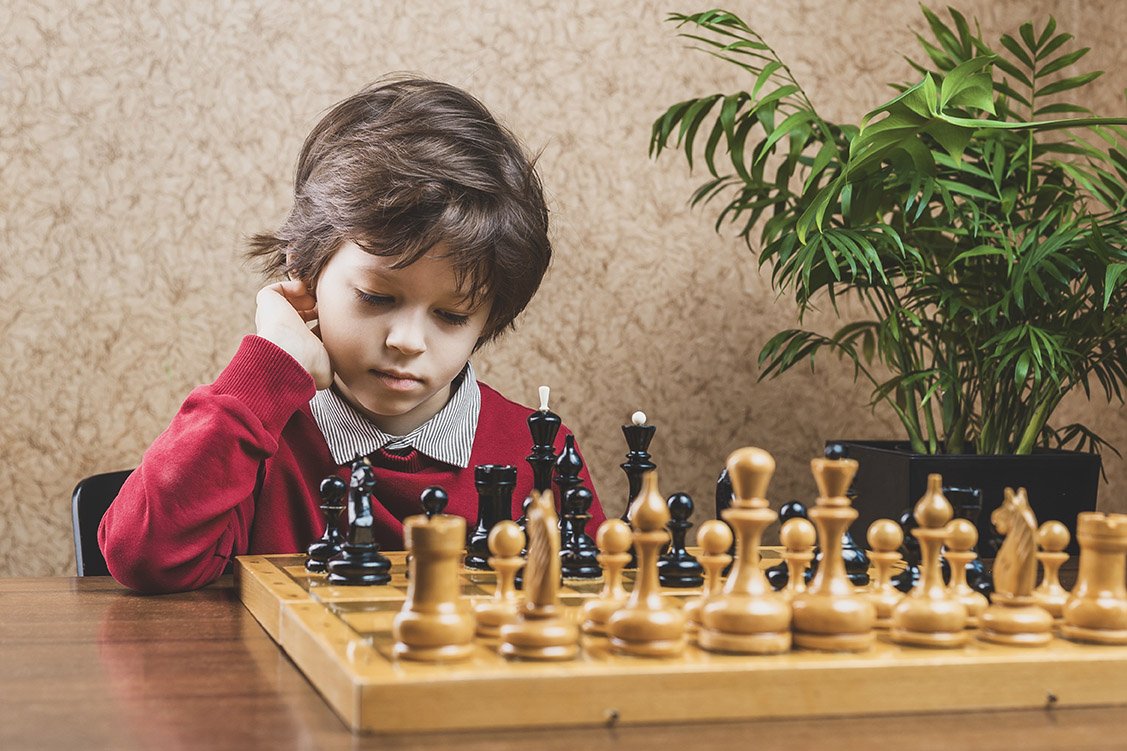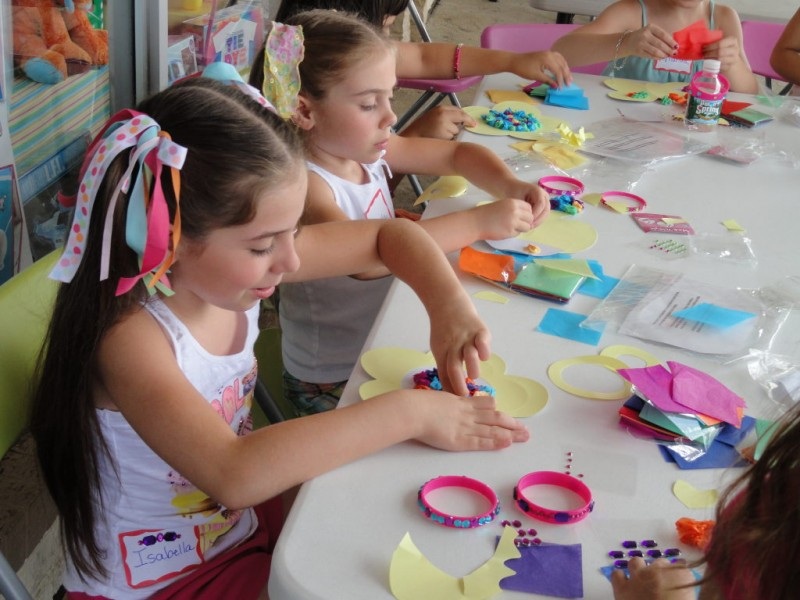Chess, often viewed as a game of strategy, has significant benefits in the realm of special education. It provides unique opportunities for children with special needs to develop cognitive and social skills in a structured yet flexible environment.
Cognitive Development Through Chess
Chess is a powerful tool for enhancing cognitive abilities, especially for children with learning differences.
Improving Focus and Attention: Children with attention deficit disorders or other learning challenges often struggle with concentration. Chess requires sustained attention and focus, as players must plan several moves ahead and anticipate their opponent’s actions. This practice can help children improve their attention spans and ability to concentrate on tasks for extended periods.
Enhancing Memory: Chess engages both short-term and long-term memory. Remembering the positions of pieces, the rules, and strategies requires children to use and strengthen their memory skills. This can be particularly beneficial for children with memory-related challenges, as it provides a fun way to practice and improve these skills.
Encouraging Logical Thinking: Logical reasoning is a core component of chess. Children learn to think critically, analyze situations, and make decisions based on logic rather than impulse. For children with cognitive delays, chess can help develop these critical thinking skills in a supportive and non-pressured environment.
Social Development Through Chess
Chess is not just a solitary game; it also offers significant social benefits for children with special needs.
Building Social Interaction: Many children with special needs, particularly those on the autism spectrum, struggle with social interactions. Chess provides a structured and predictable social setting where children can interact with peers in a safe and controlled environment. The clear rules and turn-taking nature of the game make social interactions more manageable and less intimidating.
Developing Communication Skills: In chess, players often need to discuss strategies, share thoughts, and engage in post-game analysis. These discussions help children develop verbal communication skills and learn how to articulate their thoughts clearly. This can be especially beneficial for children with speech or language difficulties.
Promoting Emotional Regulation: Chess can also help children with emotional regulation. The game requires patience and the ability to handle both wins and losses gracefully. Learning to manage emotions during a game of chess can translate into better emotional control in other areas of life.
Tailoring Chess for Special Education
To maximize the benefits of chess in special education, it’s essential to tailor the experience to meet the individual needs of each child.
Adapted Instruction: Some children may require adapted instruction, such as simplified rules or visual aids, to help them understand the game. Instructors can use visual cues, step-by-step instructions, and repetition to ensure that all children can participate and enjoy the game.
Individual and Group Play: Depending on the child’s needs, chess can be played individually with a mentor or in small groups. Individual play allows for personalized instruction and pacing, while group play encourages social interaction and teamwork.
Positive Reinforcement: Positive reinforcement is key in helping children with special needs gain confidence and enjoy the game. Celebrating small victories, providing encouragement, and offering consistent support can help children feel successful and motivated to continue playing.
Success Stories and Research
There is growing evidence that chess can be an effective tool in special education. Studies have shown that children with autism, ADHD, and other learning differences who participate in chess programs demonstrate improvements in attention, cognitive function, and social skills.
For example, research conducted in Spain found that children with ADHD who played chess showed significant improvements in attention and impulse control. Another study in the United States reported that children on the autism spectrum who participated in a chess program developed better social interaction skills and enjoyed the structured, rule-based nature of the game.
Practical Tips for Implementing Chess in Special Education
For educators and parents interested in using chess as a tool for special education, here are some practical tips:
- Start with the Basics: Begin by teaching the basic rules and moves. Use simple language and visual aids to help children grasp the fundamentals.
- Be Patient and Flexible: Understand that each child learns at their own pace. Be patient and willing to adapt the game to meet the child’s needs.
- Use Chess as a Reward: Incorporate chess as a fun and rewarding activity. This can motivate children to engage more fully with the game and other learning activities.
- Encourage Peer Play: If possible, encourage children to play with peers. This can help them develop social skills and learn how to interact with others in a structured setting.
Chess offers a unique and effective way to support cognitive and social development in children with special needs. Its combination of strategic thinking, focus, and social interaction makes it an ideal tool for special education. By tailoring the chess experience to meet the individual needs of each child, educators and parents can help children with learning differences develop essential skills that will serve them well throughout their lives. Whether through improved attention, enhanced memory, or better social interactions, the benefits of chess in special education are both profound and far-reaching.




